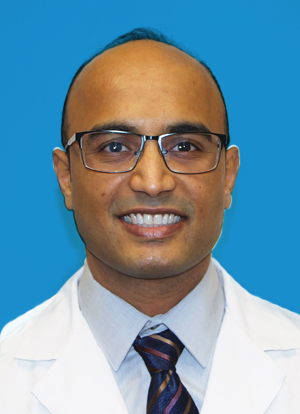Caffeine☕️ Is it good or bad
Caffeine☕️ Is it good or bad

The word caffeine originated from Kaffee, a german word that directly means coffee. Its chemical name is 1,3,7-trimethylxanthine, a naturally occurring stimulant isolated from more than 60 plants. It can also be made synthetically and added to our food products and medicines. It stimulates the brain and excites our nervous system, making it the most widely consumed beverage in the world.
The origins of caffeine date back to the 6th century when coffee trees were cultivated in Northwest Africa and spread into Europe via Arabia and Turkey. It became popular in the 17th century in Europe. By the 20th century, they had become the biggest cash crop on earth. Most of the plants that produce caffeine are grown in temperate regions around the globe. These plants evolved by making this compound to fight against pests. When an insect eats any part of the plant, it gets a dose of caffeine that causes paralysis and death. But that dose is safe in humans. Caffeine was first isolated in 1820 by German scientist Friedrich Ferdinand. Today caffeine is easily extracted and used in various daily consumed products.
Caffeine has become a part of our daily lives. Each cup of freshly brewed coffee makes 70-100 mg of caffeine. It also depends on the type of coffee and its preparation. Finely grounded coffee has a much higher amount of caffeine compared to coarse one. The average amount of caffeine consumed daily is about 300 – 400 mg. There are lots of benefits in that range. Many studies show that caffeine intake decreases colon cancers, head and neck cancers, breast cancers, chronic liver disease, and other inflammatory conditions. Coffee is rich in antioxidants that reduce inflammation. Some studies prove that three cups of coffee lower the risk of stroke.
Caffeine increases alertness and makes you feel energetic, but it doesn’t give energy. Instead, it tricks your brain into thinking that you are not tired. It does that by impersonating a compound called adenosine that signals your brain to sleep. Caffeine blocks the action of adenosine by competitive binding to adenosine receptors in the brain. It also indirectly affects the release of
norepinephrine, dopamine, acetylcholine, serotonin, glutamate, GABA, and some neuropeptides.
Various caffeine drinks are available in the market, depending on the caffeine content, from high caffeinated energy drinks, which have about 300 mg, to bottled tea, which has about 20 mg per 8oz. Even decaffeinated coffee has some amount of caffeine in it; however, coffee is not for everyone, especially for expecting mothers, because the safety of caffeine in pregnancy is not well studied. Coffee may worsen the symptoms of heartburn. It also has severely ill effects on people with heart conditions and gastrointestinal issues. There are some case reports about caffeine lowering the seizure threshold. Therefore, it should be used cautiously in patients with seizure disorders.
The half-life of caffeine is about 5-6 hours, which means the time to degrade the amount you have consumed to half; however, every person metabolizes coffee differently. Scientists suggest drinking coffee close to bedtime affects your sleep health, i.e., less sleep per night and less deep sleep. Recommended intake is about 5-6 hours before rest is optimal. But it varies among individuals. Caffeine intake has protective effects on the heart. It can cause tachycardia only for a brief period, and studies show moderate levels didn’t increase the risk of arrhythmias. Coffee is a mild diuretic, it slightly increases your urine output, but that’s not enough to make you feel thirsty. The real reason to feel that way is due to adding extra sugars to the beverage. Coffee is not necessarily called an addictive substance; it slightly makes you physically dependent on maintaining alertness, especially in the mornings.
Overall, a moderate intake of caffeine a day, i.e., 400 mg a day or 3-4 cups, is good for your health; however, you should contact your doctor if you have some health conditions before consumption. Happy drinking!
Posted February 22, 2023
